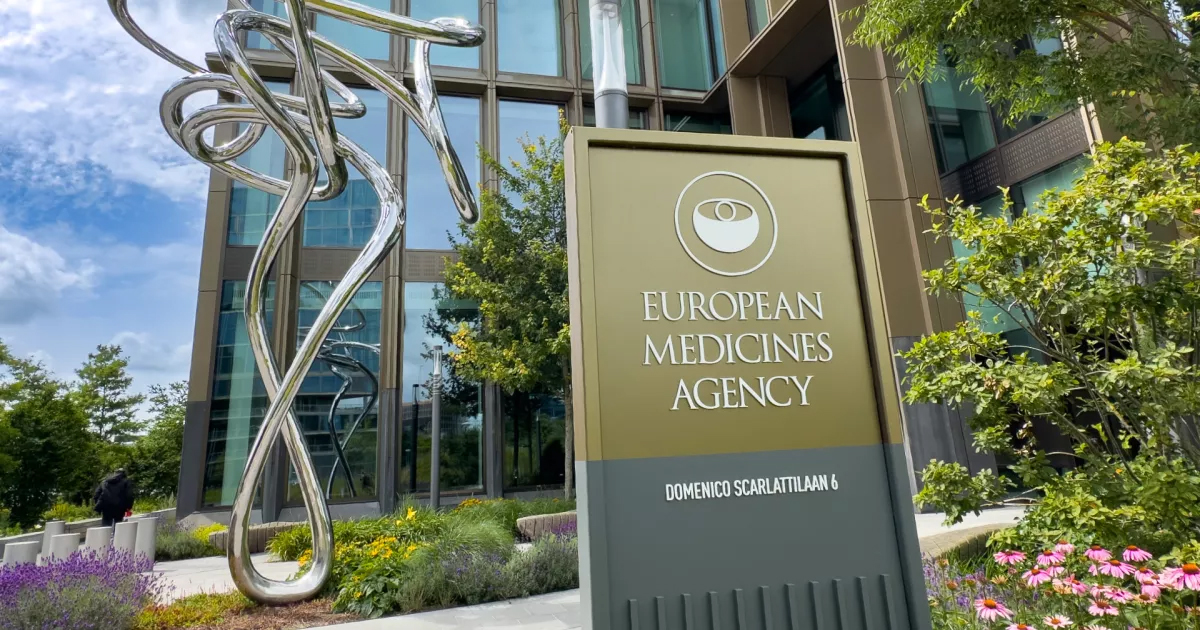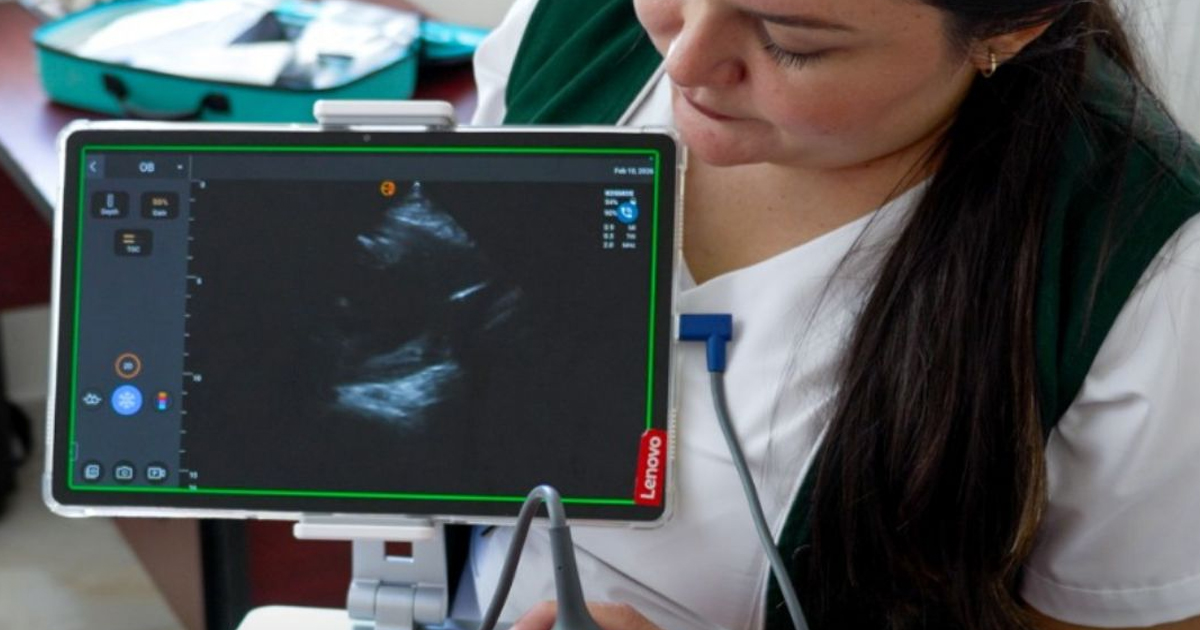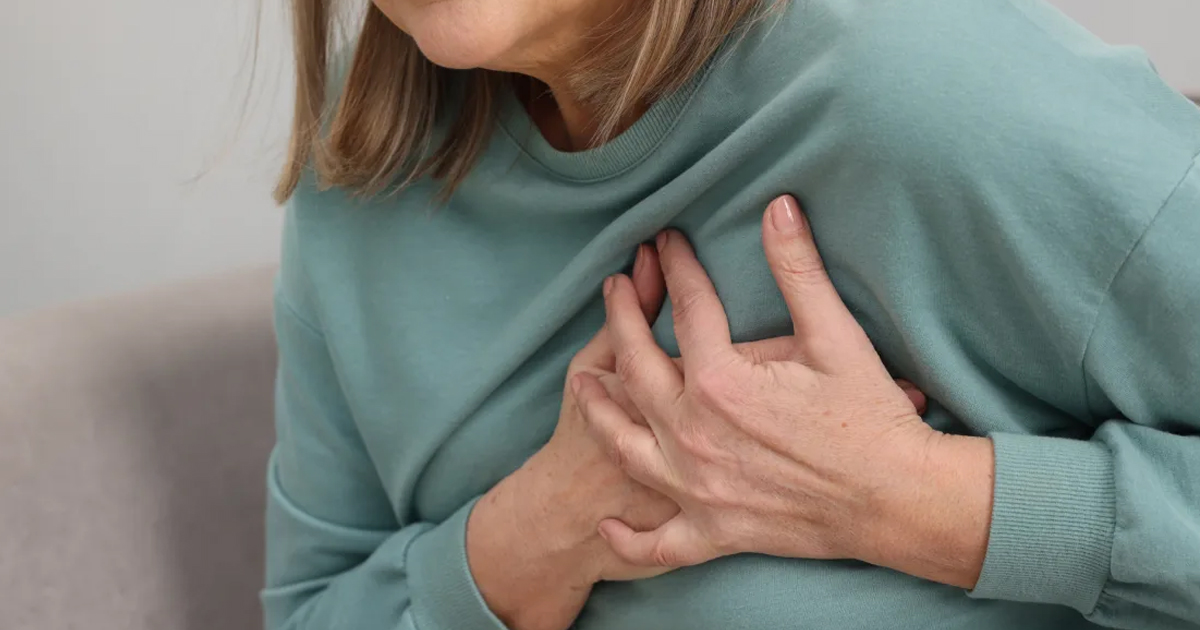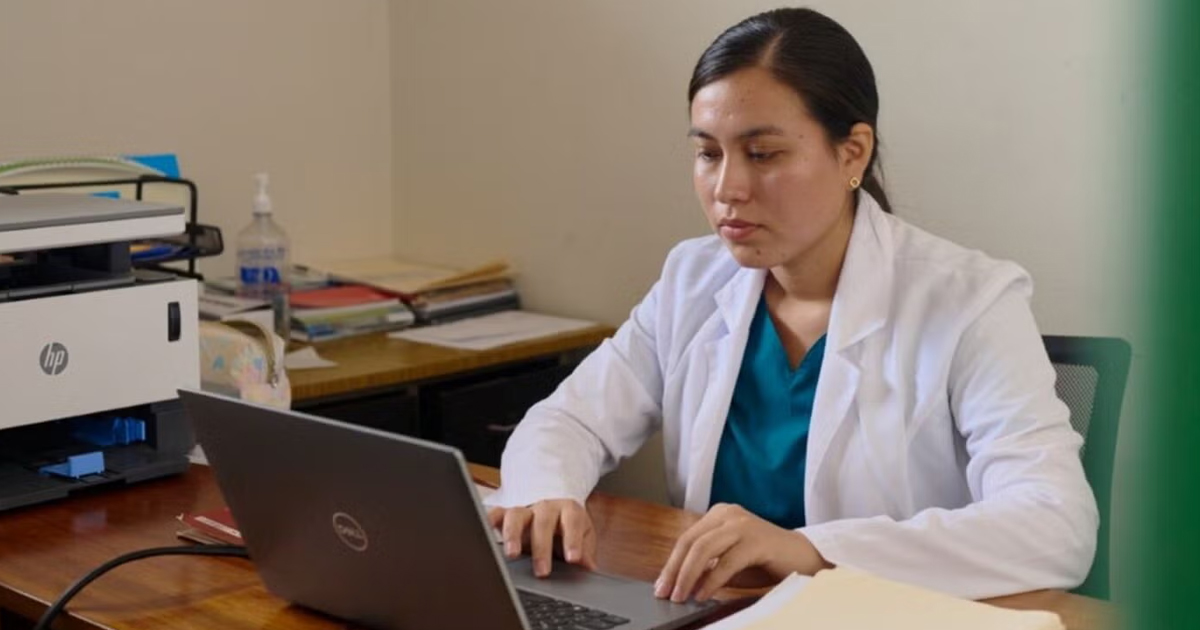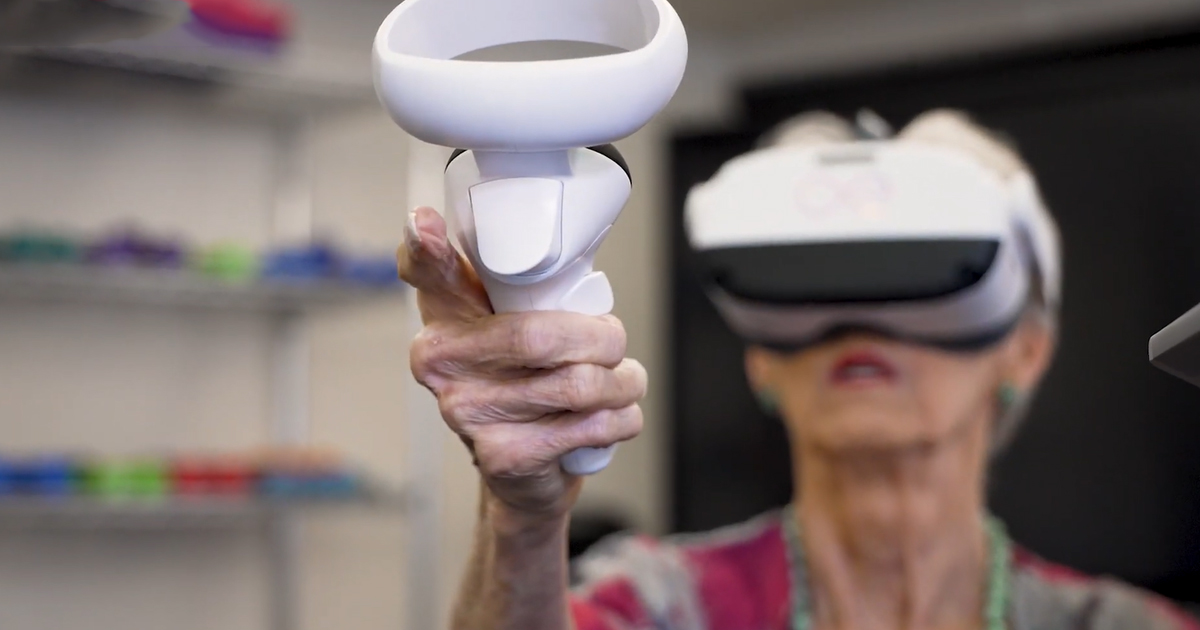Representantes de la Pan American Health Organization (PAHO) y otras organizaciones participaron en el Seminario Internacional "Digitalización e interoperabilidad del expediente clínico electrónico”, realizado por el Senado de México.
Durante el segundo día de actividades del Seminario Internacional presentado por la Comisión de Salud del Senado de la República, participaron diversos especialistas en Digital Health.
Uno de los especialistas invitados fue Marcelo D’Agostino, Asesor Senior en Sistemas de Información and Digital Health in PAHO/OMS. Su presentación tuvo como título “Panorama de la Digital Health, la digitalización del expediente electrónico, visión desde la PAHO/OMS”.
D’Agostino explicó la importancia de los ocho principios para alcanzar la transformación digital según la OMS, que sustituyó al marco de information systems para la salud, que contaba con cuatro áreas estratégicas. Los ocho principios son:
- universal connectivity
- Bienes públicos digitales
- Digital Health inclusiva
- Interoperability
- Human rights
- Artificial Intelligence
- Seguridad de la información
- Arquitectura de salud pública
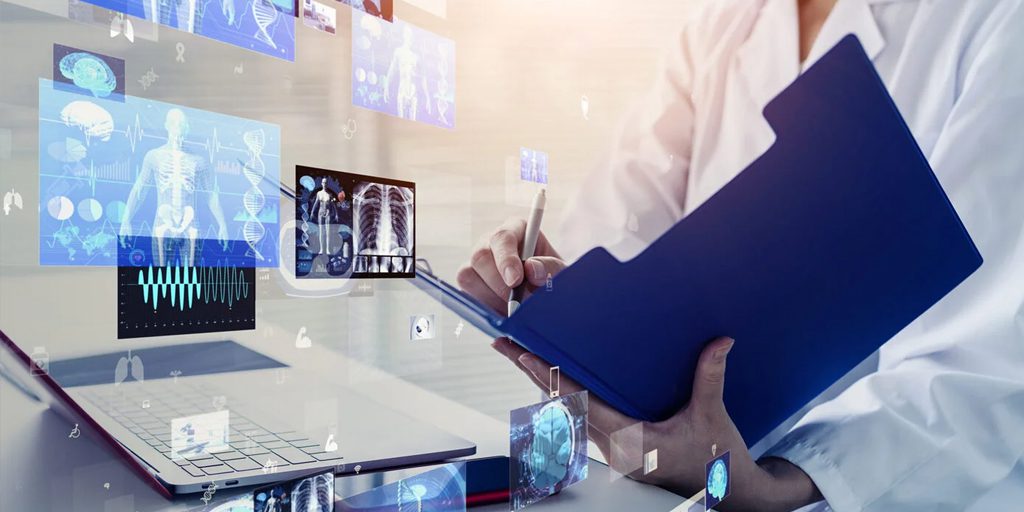
El especialista de la PAHO/OMS, también presentó diversos gráficos de las regiones de América sobre análisis y nivel de madurez de la gestión e intercambio de conocimiento, gestión de datos y tecnología de la información, disponibilidad de recursos financieros, toma de decisiones, liderazgo, entre otros indicadores.
Entre sus reflexiones, el representante de la PAHO, reconoció que es necesario impulsar la conectividad para millones de personas que no tienen acceso a nuevas tecnologías. Además, explicó la importancia del concepto “Digital Health inclusiva”.
Este concepto debe ser utilizado no solo en el acceso a los servicios de salud, sino en temas de educación, para que en un futuro se convierta en parte de la cultura de trabajo del sector salud.
En cuanto a la transformación digital D’Agostino, explicó que es necesario avanzar hacia una “Salud pública abierta”, que promueva el acceso a abierto a datos, software, algoritmos, literatura, mapas y otro tipo de contenidos y herramientas que deben verse como bienes públicos y no como un privilegio.
Consulta la sesión completa en el siguiente enlace: https://www.youtube.com/watch?v=VkogR3IuSh0
SENADO DE LA REPÚBLICA


